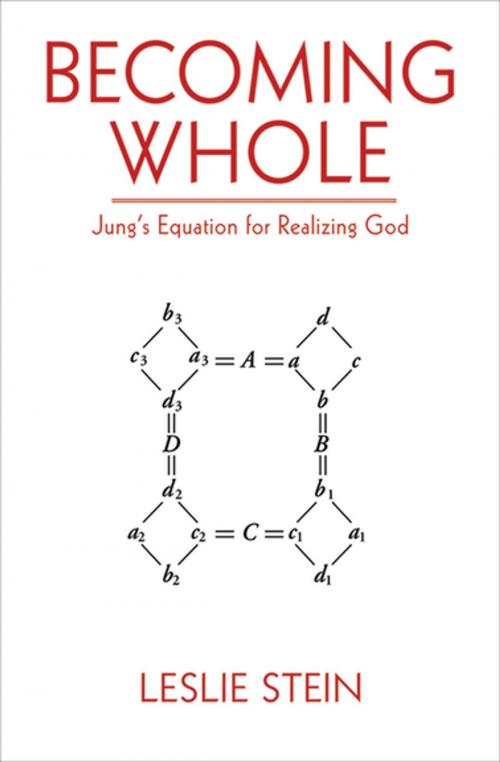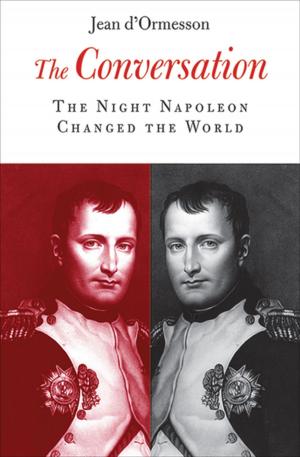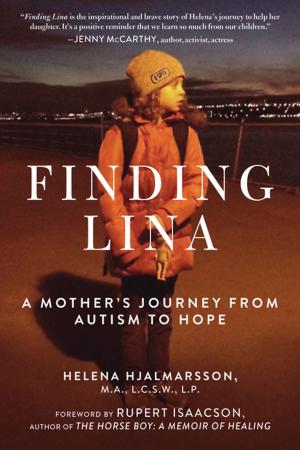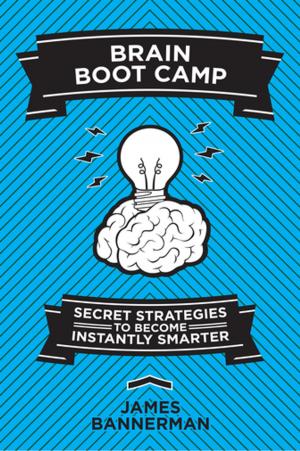Becoming Whole
Jung's Equation for Realizing God
Nonfiction, Religion & Spirituality, Philosophy, Health & Well Being, Psychology| Author: | Leslie Stein | ISBN: | 9781611457742 |
| Publisher: | Skyhorse Publishing | Publication: | May 1, 2012 |
| Imprint: | Helios Press | Language: | English |
| Author: | Leslie Stein |
| ISBN: | 9781611457742 |
| Publisher: | Skyhorse Publishing |
| Publication: | May 1, 2012 |
| Imprint: | Helios Press |
| Language: | English |
A “very well researched and clearly written” exploration of psychiatrist Carl Jung’s groundbreaking theory concerning the sense of self and God (Psych Central).
In 1951, Carl Jung published what he considered the highest synthesis and exposition of the transformation of Self and the discovery of the divine in one of his latest and most difficult works, Aion.
Aion’s complexity and uncharacteristic elements of mysticism have caused it to fall by the wayside in traditional Jungian and psychological analysis. No major work has tackled this fascinating concept—until now. Leslie Stein, a disciple of noted Jungian analyst Rix Weaver, here explores this groundbreaking text to its fullest capacity.
Tracing the roots of Jung’s research back to his influences in the world of the Kabbalah and Sufi mysticism, and grounding the more esoteric philosophy in the modern sense of identity, Stein has produced both a rigorous work of scholarship on a major figure and “a major contribution to clarification of Jung’s most advanced thoughts and findings” (American Academy of Psychoanalysis and Dynamic Psychiatry).
A “very well researched and clearly written” exploration of psychiatrist Carl Jung’s groundbreaking theory concerning the sense of self and God (Psych Central).
In 1951, Carl Jung published what he considered the highest synthesis and exposition of the transformation of Self and the discovery of the divine in one of his latest and most difficult works, Aion.
Aion’s complexity and uncharacteristic elements of mysticism have caused it to fall by the wayside in traditional Jungian and psychological analysis. No major work has tackled this fascinating concept—until now. Leslie Stein, a disciple of noted Jungian analyst Rix Weaver, here explores this groundbreaking text to its fullest capacity.
Tracing the roots of Jung’s research back to his influences in the world of the Kabbalah and Sufi mysticism, and grounding the more esoteric philosophy in the modern sense of identity, Stein has produced both a rigorous work of scholarship on a major figure and “a major contribution to clarification of Jung’s most advanced thoughts and findings” (American Academy of Psychoanalysis and Dynamic Psychiatry).















